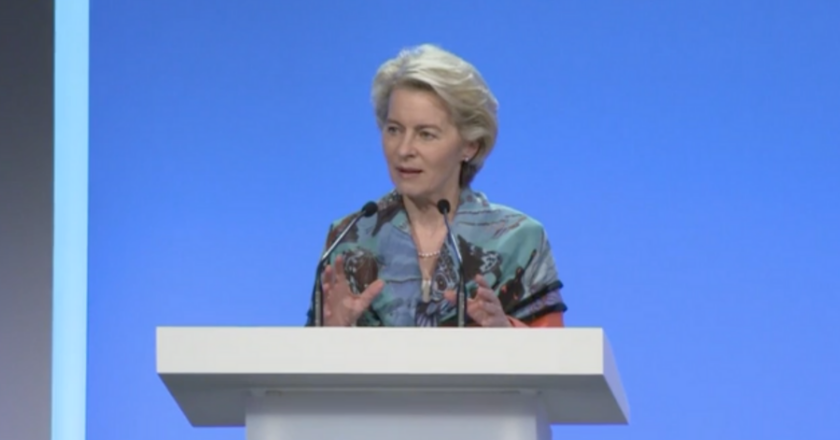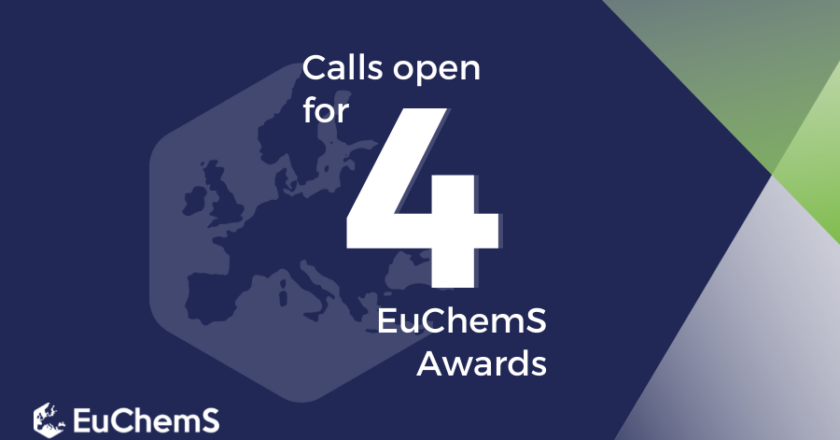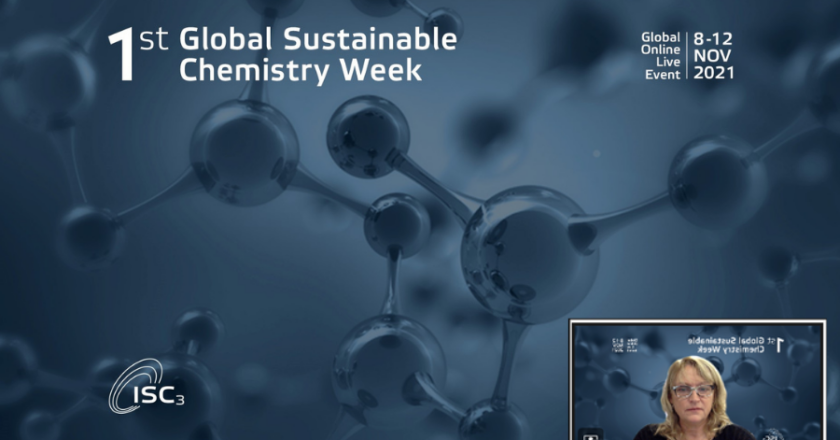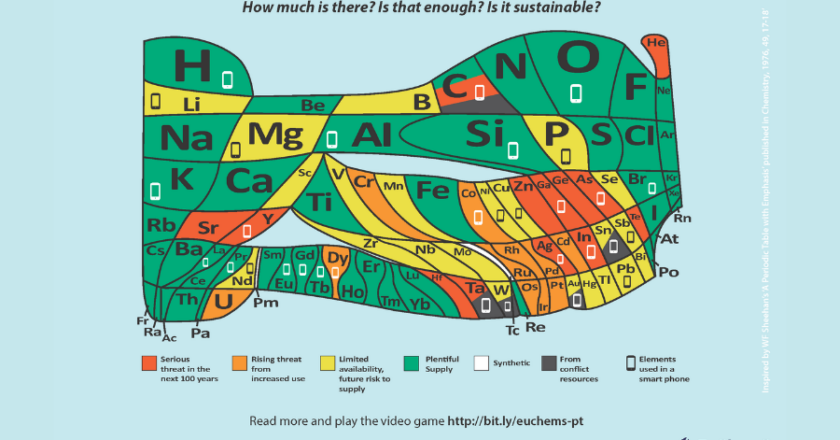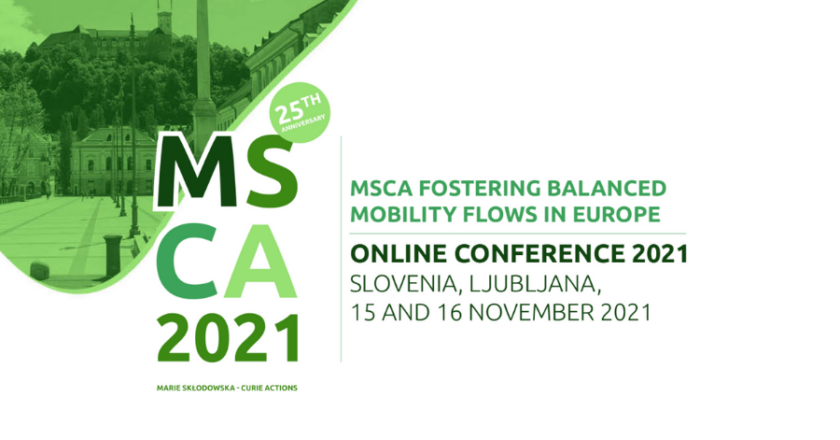On 21 October, members of the committee on the Environment, Public Health and Food Safety (ENVI) adopted a resolution on the EU strategy to reduce methane emissions and called on the European Commission to present actions and targets to reach this goal by 2030. The ENVI committee also called for a binding global agreement on methane at COP26, held from 31 October to 12 November in Glasgow.
Methane is the second largest contributor to the climate crisis: over a short-term period, it is about 80 times more potent at warming the climate than carbon dioxide. As most methane emissions come from human activities – mainly from the agricultural, waste, and the energy sectors – MEPs asked for a mandatory monitoring, reporting and verification of these sectors and emphasised the need to implement methane leak detection and repair programmes.
You can read the ENVI Committee press release here.
On 2 November, the European Union and the U.S. launched during COP26 the Global Methane Pledge, an initiative to cut methane emission by 30% by 2030. 103 countries signed this pledge, representing 70% of the global economy. According to EU estimates, delivering on the Global Methane Pledge could reduce projected warming by 0.2 degrees Celsius by 2050 and prevent over 200,000 premature deaths as methane contributes to ozone formation causing air pollution and thus serious health problems.
“Methane emissions come from various sources, we all know: oil, gas, coal, agriculture, and landfills. These sectors have different potential for short-term action. The greatest potential for cuts is, without any doubt, in the energy sector. This is why, next month, us, the European Commission, we will propose to regulate methane emissions. We will introduce rules to measure, to report, to verify methane emissions, rules to put limits on venting and flaring, and rules to detect leaks and repair them. And of course our Common Agricultural Policy is also increasing its focus on tackling methane emissions.”
– Speech by European Commission President von der Leyen on the launch of the Global Methane Pledge
2 November 2021, COP26 Glasgow, UK
The pledge came without the participation of the top three world methane emitters – China, India, and Russia.
On the eve of COP26, the European Commission launched the International Methane Emissions Observatory (IMEO) during the G20 Summit. This initiative aims at driving global actions in reducing methane emissions, starting with the energy sector. It will ensure public transparency on anthropogenic methane emissions.
Nicola Armaroli, a EuChemS Executive Board member, addressed the issue of Methane leakage during an online event on Wednesday 3 November, held during the COP 26. During his presentation, he pointed out that methane is not only a climate problem, but also a local air pollution issue that shall be tackled. He also discussed methane waste management. You can watch his talk here.

